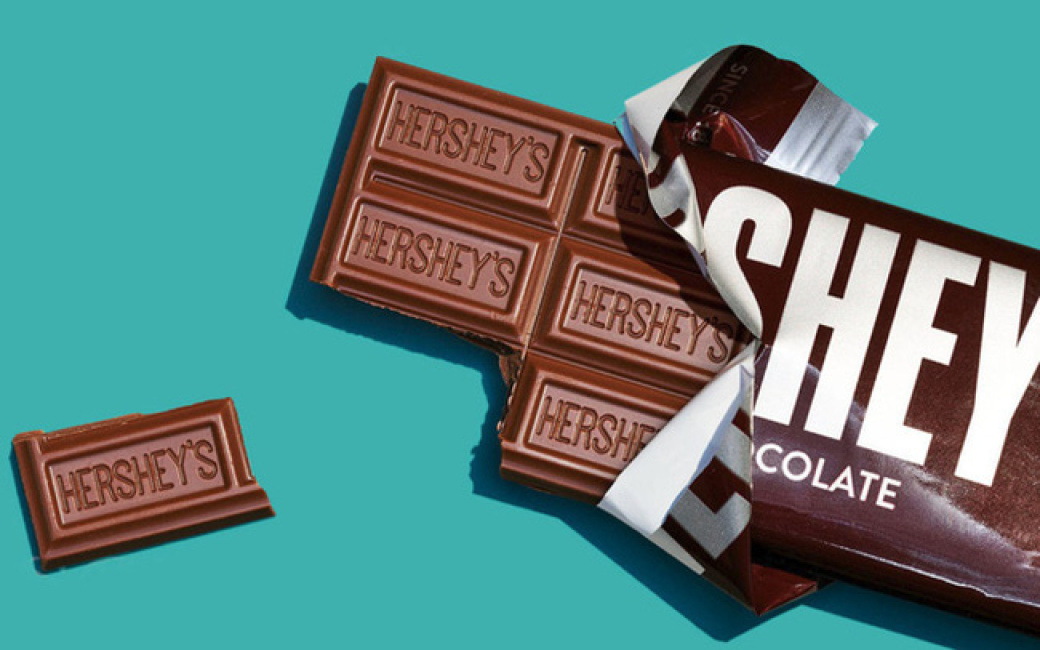Source: https://top-list.co/top-foods-to-avoid-if-you-want-white-teeth-v5276.html
- Carbonated Beverages
- Tea and Coffee
- Citrus Fruits
- Red Wine
- Hard Candy
- Curry Powder
- Dark Fruits
- Tomato Sauce
- Beets
- Chocolate
Carbonated Beverages
According to a recent study, consuming huge amounts of carbonated beverages might be just as bad for your teeth as smoking methamphetamine or crack cocaine.
Soda and sparkling water are not only high in calories and sugar, but they can also be detrimental to your teeth. These carbonated drinks are all acidic. The pH of water is 7, whereas effervescent and seltzer waters have an acidic pH of 3 to 4, and most sodas have a pH of less than 3. Carbonated drinks’ acid has proven that it can wash away your tooth enamel over time, making them more vulnerable to dental caries. Soda also includes sugar, which has been related to an increased risk of cavities. Teeth can also be stained yellow or brown by dark dyes and coloring in some sodas.
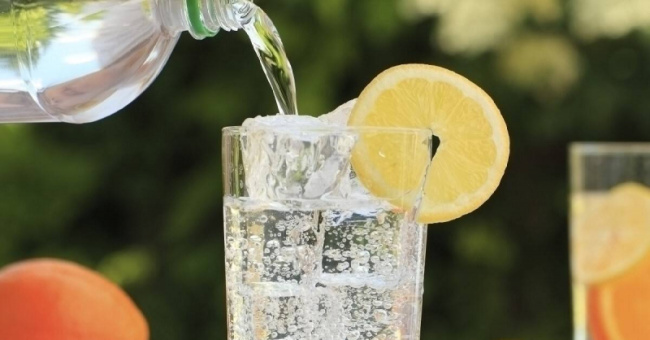
Carbonated Beverages

Tea and Coffee
A cup of coffee or tea in the morning provides you with the energy you need, but it may also discolor your teeth yellow or brown.
Tannins are a class of astringent, polyphenolic biomolecules found in coffee and black tea. They are known as slightly acidic compounds that give black coffee and tea its bitter flavor. The tannins’ acidity can decimate at the enamel layer, weakening your teeth. According to the American Dental Association, after drinking coffee, you should wait 30 to 60 minutes before brushing your teeth. Brushing after that can occasionally exacerbate the acidity of coffee’s eroding impact. You can drink water after your coffee instead of cleaning your teeth immediately away to neutralize the acid in your mouth.

Tea and Coffee
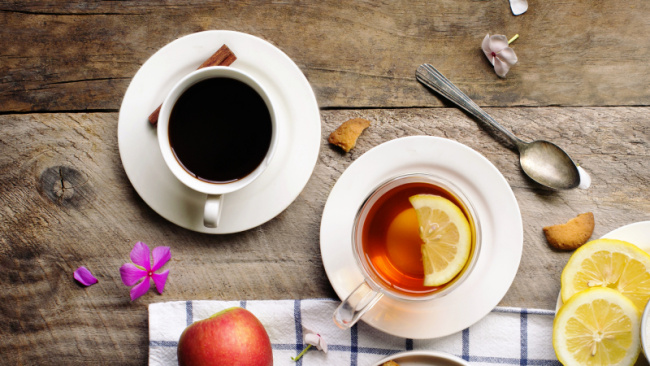
Citrus Fruits
Lemons, limes, oranges, and grapefruit are typical citrus fruits that are high in the antioxidant vitamin C. Vitamin C in citrus fruits is very important for maintaining collagen in your gums, but too much collagen can also have a big effect on your teeth.
“If you regularly eat a lot of citruses, drinking lemon water every day can also soften and erode your enamel,” says Mr. Jablow. A 2011 study published in the British Journal of Nutrition found that grapefruit juice can be as harmful to teeth as drinking Coca-Cola. About 20 minutes after eating citrus fruits or drinking a glass of lemon juice, you should brush your teeth to remove the amount of acid on your teeth. If you brush your teeth immediately after eating this food, it can wear down teeth faster, Mr. Jablow warns.

Citrus Fruits
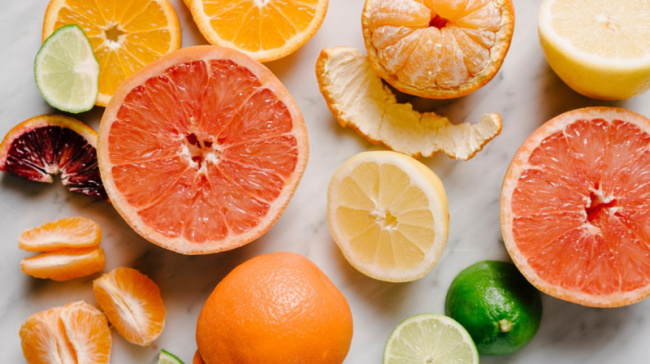
Red Wine
The color of red wine, known as chromogens, includes all of the heart-healthy compounds, but it also discolors your teeth. Red wine chromogens will stain your teeth brown. In reality, one research compared the stains left by coffee and wine after whitening and discovered that red wine discolored teeth substantially more than coffee.
Not only that, red wine is rich in acidity. This acid can nibble away at tooth enamel, turning teeth yellow. Teeth without protective enamel are vulnerable to germs and deterioration. If you want to have a bright white smile, limit your red wine as much as possible.
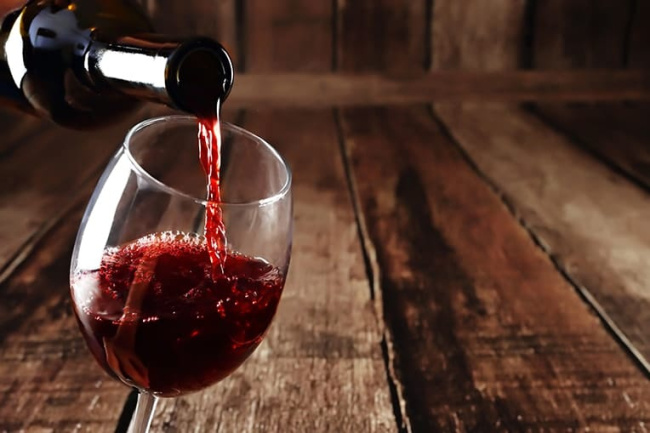
Red Wine

Hard Candy
The majority of sweets are made using sugar and fat basis. The fat content of soft sweets is higher than that of hard candies (i.e., soft caramel has more butter and cream than hard caramels). But the hard candies have a lot more sugar, which is one of the reasons that make them harmful for your teeth. All of that sugar produces the ideal setting for cavities. Sugary also can add to plaque accumulation on your teeth, which may damage the enamel of your teeth over time, resulting in discoloration and cavities if not soon addressed.
Not only that, the pigments in hard candy, similar to the chromogens in red wine, can diminish your teeth’ color and damage your teeth. To protect your oral health, you should skip the hard candies and choose sugarless gum to chew on instead.
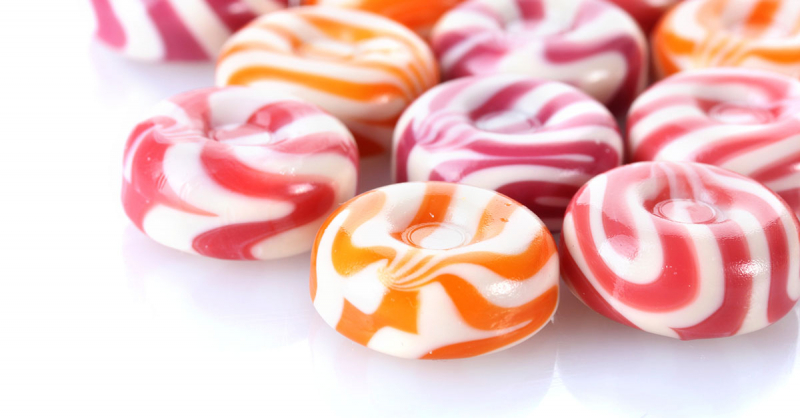
Hard Candy
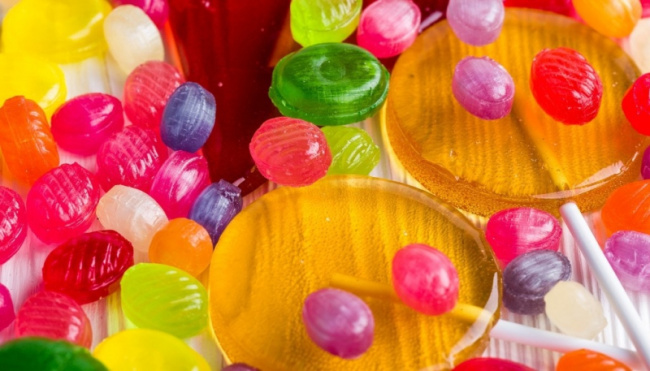
Curry Powder
Curry leaves are green, but curry powder is made up of a variety of spices, including turmeric. Turmeric has anti-inflammatory effects, which is why it may be found in a variety of health foods, including smoothies and supplements. Turmeric has a vivid orange color when raw, and it stains your fingers a yellow-orange tint if you’ve ever touched it. Turmeric takes on a more yellow color when dried and ground into a powder.
Cooking with curry powder and turmeric adds a lot of flavors, but it might turn your teeth yellow over time. Curry should be kept to a minimum in your diet due to its strong staining factor. Drink plenty of water or rinse your teeth after eating curry to avoid the curry powder sticking to your teeth for too long.

Curry Powder
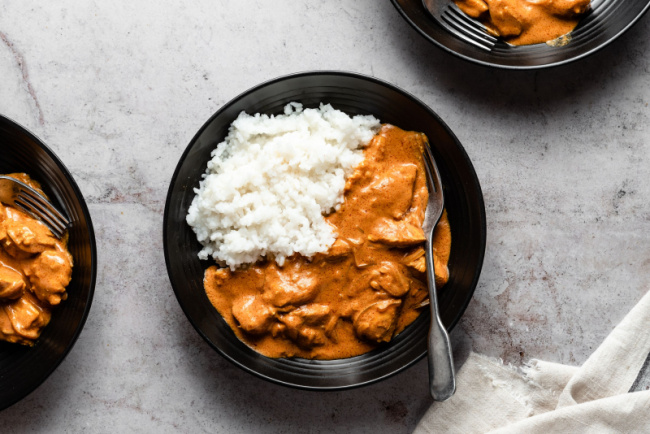
Dark Fruits
Pomegranate, cranberry, cherries, and blueberries are examples of dark-colored fruits, which contain lots of antioxidants. Anthocyanins are bluish-purple antioxidants that help protect the body from free radical damage and are extremely useful to one’s health. However, the dark color of these fruits might stain your teeth since it penetrates the enamel. Brushing or rinsing your teeth after eating these foods is the greatest way to keep your teeth white.
Another notice is that berries come in a variety of forms, including fresh, frozen, tinned, and juice. You should restrict your fruit juice consumption as it may include added sugars that lead to tooth cavities.
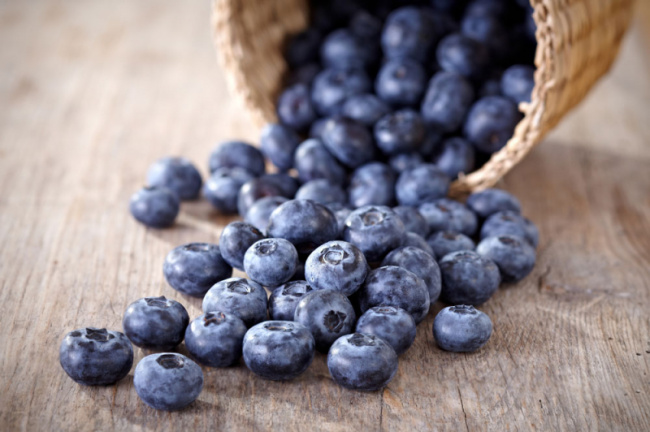
Dark Fruits

Tomato Sauce
Tomato sauce is a product present in almost every household’s spice drawer. Although it’s packed with antioxidants and vitamins your body needs. However, consuming this sauce regularly will make your teeth gradually yellow
Because tomato sauce is highly pigmented, it can stain your teeth and turn them yellow. The intense red pigment present in tomato-based sauces can cling to teeth, discoloring them. Furthermore, the acidity of tomato sauce might cause enamel to deteriorate over time. One tip you can use is to eat foods like lettuce or broccoli first to create a protective layer on your teeth and minimize the amount of staining.

Tomato Sauce

Beets
If you’ve ever cooked with fresh beets, you know the brilliant purple-red hue may stain your fingers, cutting board, and clothes if you’re not cautious. Beets will not only leave a nasty stain on your favorite white shirt, but it will also stain your favorite white tooth.
Beets, whether cooked or juiced, can stain your teeth with their intense red hue. Fresh beets have a more intense color than beet juice. That’s why these stains might linger for a long time on your teeth. Make sure to brush your teeth after consuming a meal or beverage containing beets to prevent discoloration.

Beets

Chocolate
Chocolate, like coffee, tea, and red wine, contains tannins, the polyphenols that cause teeth to become brown. Polyphenol-rich foods leave thin coatings on surfaces, including the enamel of your teeth.
There will be extra sugar in chocolate unless you are eating 100 % pure dark chocolate. Excess sugar can damage your teeth’ enamel and lead to the creation of plaque and cavities. In comparison to milk chocolate, dark chocolate often contains less sugar and milk solids. Dark chocolate is also more acidic than milk chocolate, which can erode away at tooth enamel.

Chocolate
